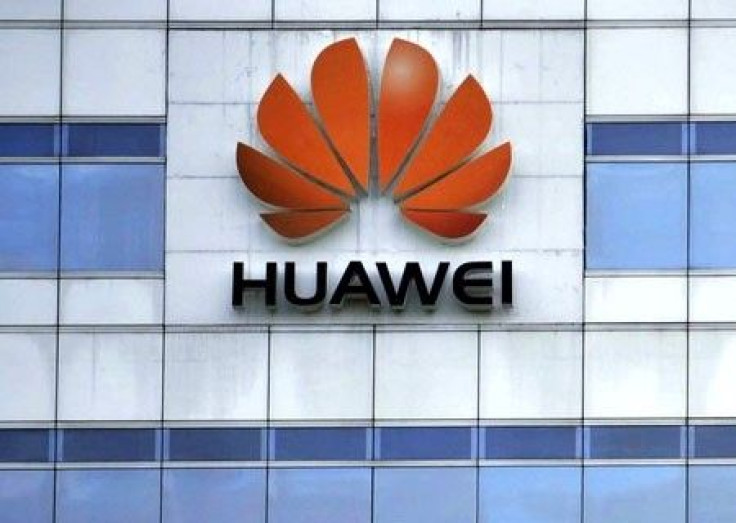Former CIA, NSA Chief, Michael Hayden, Accuses Huawei Of Spying For China; Huawei Denies Claim

Michael Hayden, the former head of the U.S. Central Intelligence Agency, said that privately held Huawei Technologies Co. Ltd., the largest Chinese telecommunications-equipment manufacturer, represents a national security threat to the U.S., and “it goes without saying” that the telecom major has spied on behalf of China, Australia' Financial Review reported on Friday.
Hayden, who has also served as the head of the U.S. National Security Agency, or NSA, said in an interview with the paper that it was “simply not acceptable for Huawei to be creating the backbone of the domestic telecommunications network in the United States.”
“And frankly this is where I think the state has a role to play -- to ensure we don’t make decisions that compromise the foundations of our national security,” Hayden said.
When asked whether he believed it was “reasonable to assume that hard evidence exists that Huawei has engaged in espionage on behalf of the Chinese state,” Hayden said: “Yes, that’s right. And, at a minimum, Huawei would have shared with the Chinese state intimate and extensive knowledge of the foreign telecommunications systems it is involved with. I think that goes without saying. That’s one reality.”
Hayden said “given the overarching national security risks a foreign company helping build your national telecommunications networks creates, the burden of proof is not on us. It is on Huawei.”
The U.S. Congress considers Huawei, as well as another Chinese telecom manufacturer, ZTE Corp., both based in Shenzhen, security risks, over several concerns including cyber espionage, after an investigation report submitted in October 2012, by Chairman Mike Rogers (R-Mich.) and ranking member C.A. Dutch Ruppersberger (D-Md.) of the Permanent Select Committee on Intelligence.
Huawei, on Friday, denied Hayden’s allegations, saying it is a “proven and trusted” technology company, Bloomberg reported, citing Huawei spokesman Scott Sykes.
“These tired, unsubstantiated, defamatory remarks are sad distractions from real-world concerns related to espionage, industrial and otherwise,” Sykes said in a statement.
The U.S., in 2011, blocked Huawei from joining a project to build a national telecommunications network, and Australia followed suit in 2012, prohibiting the company from bidding on a project to build fiber optic network, citing “national interests,” according to Bloomberg.
© Copyright IBTimes 2024. All rights reserved.












